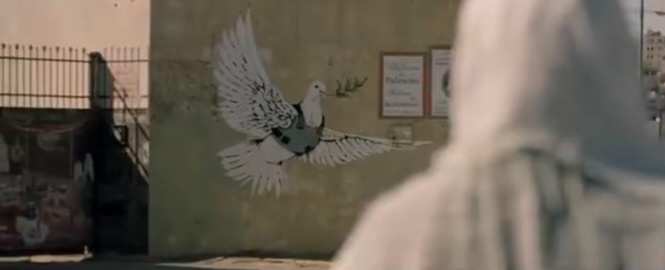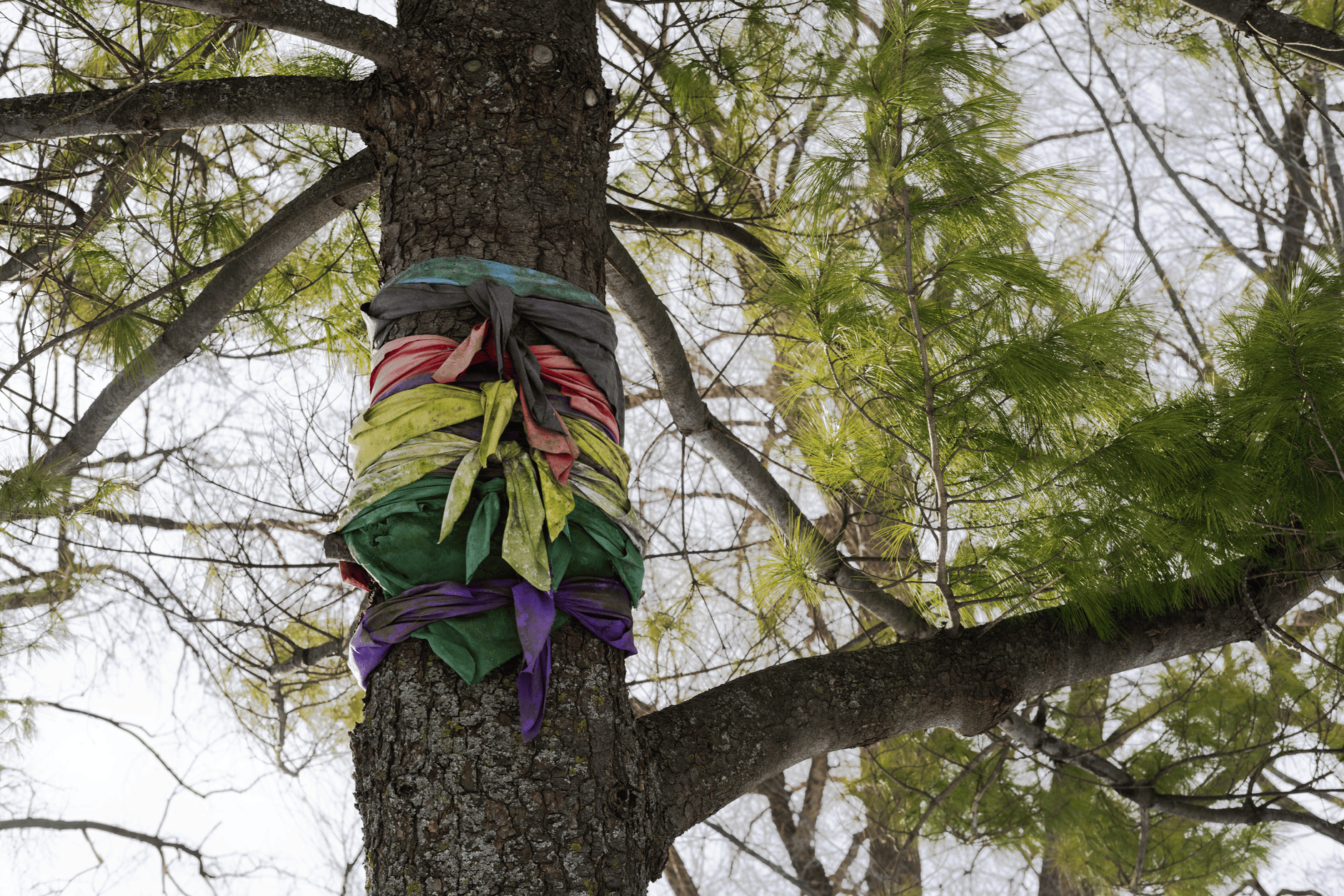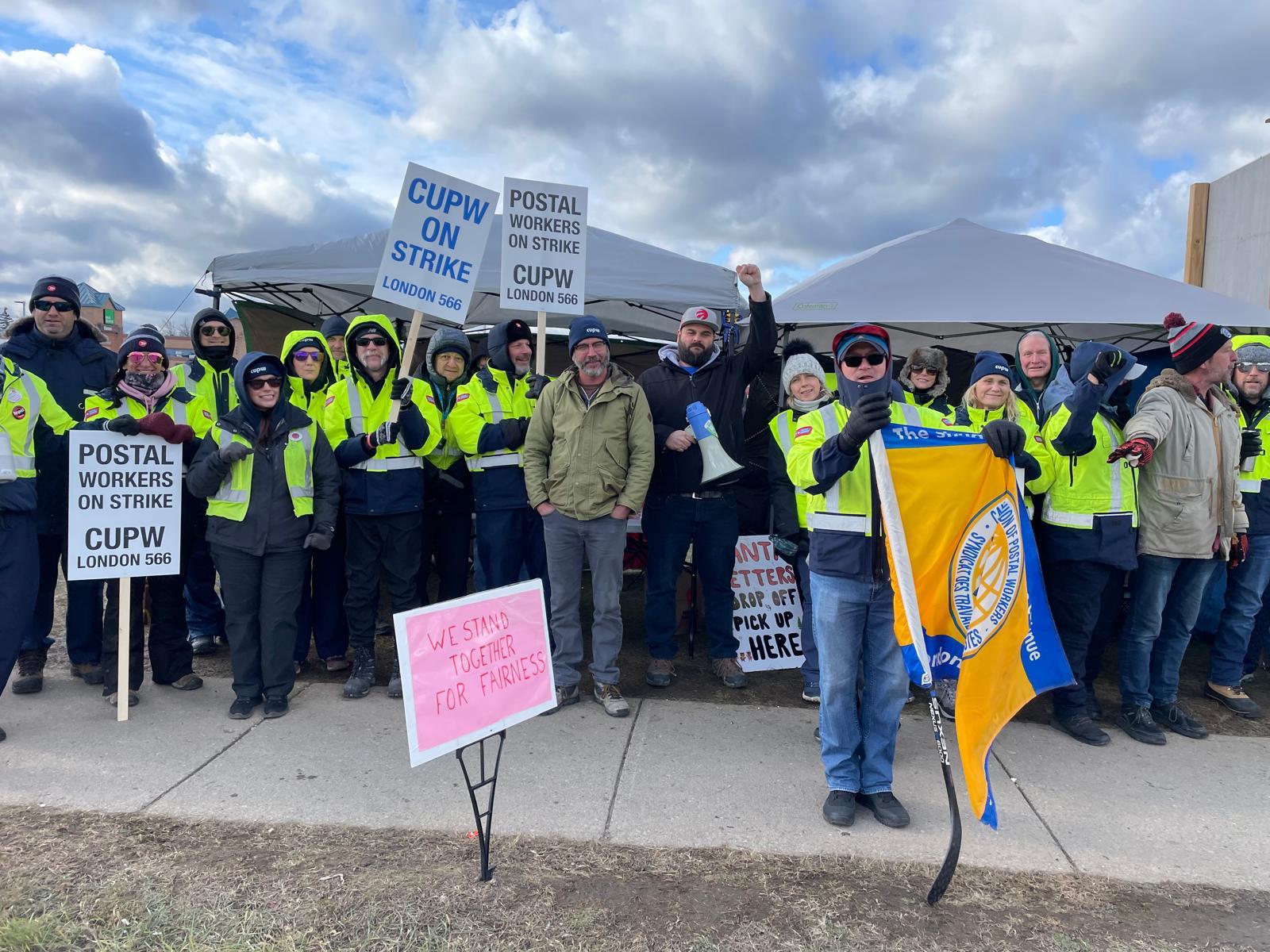“I wanted to share this moment with them”: Londoners gather in bittersweet celebration for long-awaited ceasefire in Gaza
Amer El-Samman
Thu February 13, 2025

On the frigid afternoon of Sunday, January 19th, people of all ages gathered in Victoria Park to share a glimpse of hope that came with the commencement of ceasefire in Gaza earlier that day after 470 relentless days of genocide.
Despite the biting cold, the long-awaited Gaza ceasefire announcement was the silver lining in the dark – “the bare minimum” as one speaker from the Canadian Palestine Social Association (CPSA), who organized the event, said. The relief was welcomed but bittersweet.
The brutal assault on Palestinians by Israeli forces has, to date, claimed the lives of approximately 46,707 people and decimated more than 90% of Gaza’s homes. Amnesty International and reputable scholars of international law have recognized Israel’s actions as genocide. United Nations reports show that it would take 350 years to restore Gaza’s economy to its 2022 state. But these staggering numbers strip away the human suffering behind them. How many tears shed? How many lives irreparably shattered, families broken, and futures stolen? How many limbs does that account for, with over 100,000 injured?
In stark contrast to this seemingly endless dread that we witness daily—through our phones, the news, and the stories of family and friends—that frigid day in Victoria Park felt like Eid. Children jumped on the crackling snow, their laughter piercing the cold air. Groups of friends sang songs, dads handed out sweets, and a sense of shared relief softened faces. Through the rivers, for the first time in what felt like ages, we were breathing hope once again for Palestinian liberation.
Mahmoud Kouta, a Gazan who survived the horrors and escaped the genocide, shared a heartfelt speech that resonated deeply with those gathered.
“Today, I have mixed feelings. Happy, sad, tired, relieved,” Mahmoud began, his voice heavy with the weight of his experiences. He turned his words to honour those lost in the struggle.
“I can’t help but think of the people who are not here to witness this moment with me. People who stood with us, fought with us, dreamed with us, and sacrificed everything for the cause of Falasteen. I wanted to share this moment with them—to see their smiles, to hear their laughter, and to feel their embrace. But now, of course, they rest in heaven. They remind me, and all of us here, that our fight is not for ourselves but for those who came before us and for those who will come after us. Today, we take a step closer to ending this nightmare that has haunted my people for so long.”
Mahmoud describes Gaza “as a place of resilience, where the echoes of bombs could never silence hope; it is the home of mothers who cradle their children with hope, fathers who rebuild endlessly, and children who dream of peace even when their reality says otherwise. For the first time in so long, my people will breathe air not filled with fear but with cautious relief.”
David Heap, a political activist and professor at Western University, celebrated the ceasefire and emphasized the role of London activism.
“We’ve walked together, we’ve marched together, in rain, in cold, in heat, for too long. We are relieved to say, at least for today, that there is a ceasefire.”
But Heap is cautious about the ceasefire.
“We don’t know if the occupation forces will renege on that. We know they have no respect for law, no respect for treaties. We are relieved for now that the ceasefire should hold, and Palestinians of Gaza should return to their homes.”
Heap reminds everyone that the cause for Palestinian liberation has gained some important allies and achieved critical symbolic victories over the genocide. He points to the writing on his hat which translates from Māori (of New Zealand/Aotearoa) to “Greetings of deep solidarity for Gaza”.
Heap adds that in addition to being partners in the Freedom Flotilla in Gaza, the Te Pāti Māori “have raised money to send ambulances and supplies to Palestinians in Gaza.” Heap says this is just a single example out of many of the far-reaching support and solidarity seen in the past 470 days of genocide. He also acknowledged the support from Indigenous people of Turtle Island, Indigenous artists, trade unions, and student encampments across the world.
Heap went on to recognize symbolic victories such as the first Palestinian Oscar-shortlisted film produced by Michael Moore, From Ground Zero.
“We wish we didn’t have to show this story, but it is important that from the river to the screen, Palestine will be seen. Seen and heard on the largest movie platform in the world.”
He also acknowledged the power of politicians wearing keffiyehs in Parliament.
“This is a big step,” he says. “We’ve been wearing the keffiyeh for so long. We know that the people lead, and the politicians follow. And this is a sign that the politicians are starting to follow.”
Additionally, he recognized the success of the long fight by Independent Jewish Voices and other allies to pressure the Canadian Revenue Agency to revoke the charitable status for organizations that fund the occupation such as the Jewish National Fund and the Heseg Foundation. The first of these successful campaigns rescinded the charitable status of the Jewish National Fund (JNF), stopping one avenue of funding through Canadian tax-dollars.
Despite the allies and symbolic victories, Heap emphasized the challenges still ahead, directing sharp criticism at those who have positioned themselves as obstacles to liberation. Some politicians, for example, refuse to even utter the word “ceasefire”.
He turned his critique toward Canada’s current foreign minister, Mélanie Joly, and a prominent contender for Liberal ruling-power leadership, Chrystia Freeland, who once argued that Canada should be an “asset for Israel.”
“We know this kind of person should not be leading this country. Look hard at the record of these people, did they stand with Gaza when it counts?”
A member of CPSA then gave a speech thanking everyone who came out in solidarity.
“If we sit in our homes and we watch TV and cry and say ’oh poor people of Gaza, what they are enduring’, that is not going to be enough! We were not created on this earth to sit around and watch people suffer, regardless of where they are. No! We do not sit around; this is our responsibility as human beings to make a difference in this world. This world is created for us, by us, and we have the right to change the way things are.”
As the crowd dispersed, young adults in the crowd began singing spontaneously:
سوف نبقى هنا .. كي يزول الألم
We will stay here .. so the pain ceases
سوف نحيا هنا .. سوف يحلو النغم
We will live here .. the melody will sweeten
موطني موطني .. موطني ذا الإباء
My homeland, my homeland .. home of pride
موطني موطني .. موطني يا أنا
My homeland, my homeland .. My homeland, oh my self!
رغم كيد العدا .. رغم كل النقم
Despite the plots of the enemies .. Despite all the curses
سوف نسعى إلى .. أن تعم النعم
We will endeavor that graces will prevail
سوف نرنو إلى .. رفع كل الهمم
We will look forward to raising the spirits
بالمسير للعلا ومناجاة القمم
By seeking perfection and praying to the summits
فلنقم كلنا .. بالدواء والقلم
Let’s all stand together .. With remedy and pen
كلنا عفو على .. من يصارع السقم
We are all merciful on those who suffer sickness
فلنواصل المسير .. نحو غايات أهم
Let’s continue to walk towards higher aims
و نكون حقا .. خير أمة بين الأمم
And be a truly better nation among nations






